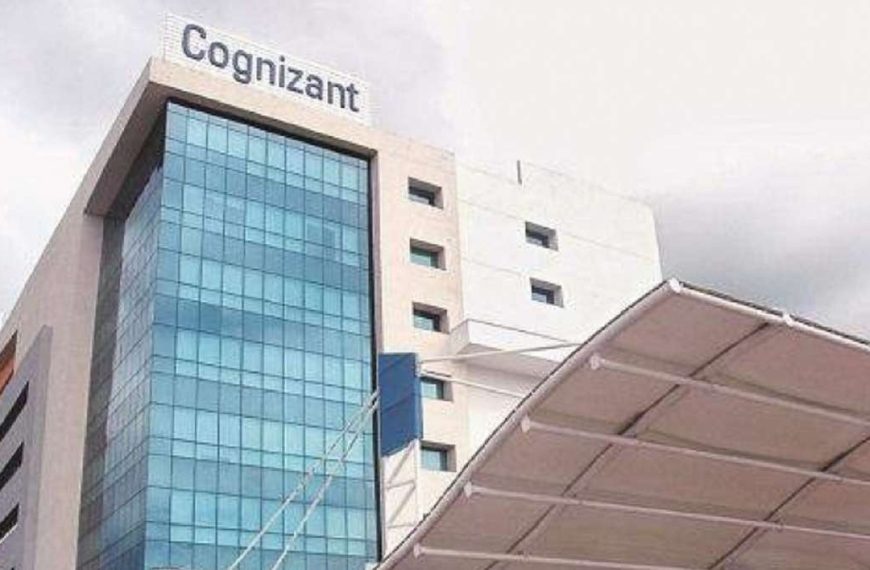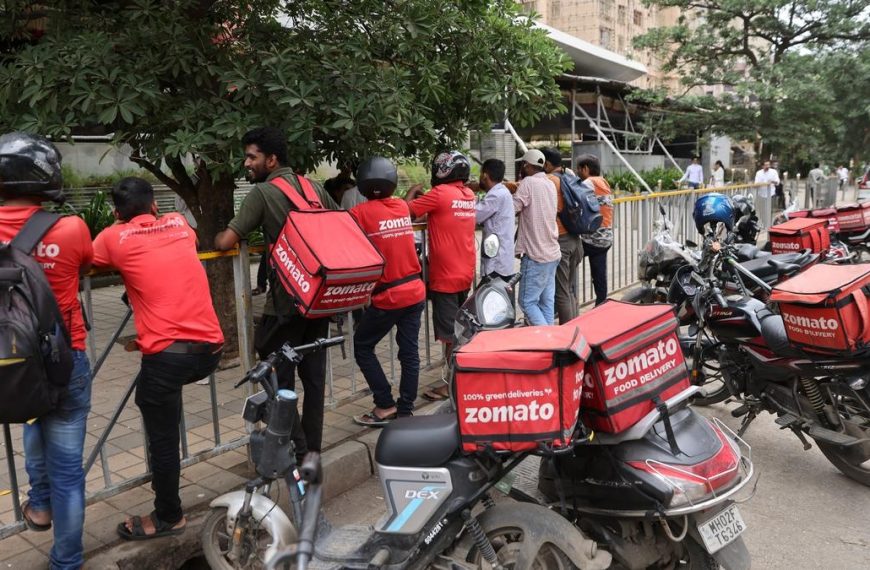Ford Motor Company is taking significant steps to reactivate its operations at the Chennai plant, as confirmed by Tamil Nadu’s Industries Minister, TRB Rajaa. After experiencing some delays linked to recent changes in the U.S. political landscape, Rajaa expressed optimism, stating, "Things are back on track." This marks a hopeful turn for the American automaker in India as it prepares to move forward with its plans.
Preparations Underway for Chennai Plant
A few weeks ago, Ford finalized the types of components that will be produced at its Chennai facility. Currently, the company is engaged in the preparatory work necessary to relaunch operations. While the details remain somewhat unclear, it has not yet been confirmed whether Ford will resume full-scale vehicle manufacturing or focus solely on producing engines and components for export. A senior government official indicated that manufacturing could potentially restart in the latter half of 2025.
- Operational Focus: Potential return to vehicle production
- Key Timeline: Manufacturing operations may resume mid-2025
Uncertainty Surrounding Ford’s India Strategy
The announcement arrives during a period of uncertainty regarding Ford’s strategy in India, which has been complicated by the previous administration’s protective tariffs aimed at revitalizing U.S. manufacturing jobs. In September 2024, Ford signed a Letter of Intent (LoI) with the Tamil Nadu government to boot vehicle production at its Maraimalai Nagar plant, primarily targeting the export market. However, progress has been slow, leading to speculation about the future of car manufacturing in India.
- Key Dates:
- September 2021: Ford ceased vehicle production in India.
- September 2024: LoI signed for restarting operations.
Tariff Challenges and New Developments
The plans faced additional challenges due to the 25% tariff imposed by the Trump administration on imported vehicles and auto parts. This policy raised concerns about the feasibility of using India as an export center. However, recent executive orders signed by President Trump have introduced a partial easing of these tariffs. Although the 25% levy remains intact, a 15% rebate will now be available for automakers that conduct domestic assembly, making it more appealing for companies like Ford to consider localizing production.
Ford’s Historical Context in India
In September 2021, Ford made the strategic decision to exit vehicle manufacturing in India, closing its 350-acre Maraimalai Nagar facility, which had a capacity for 150,000 cars and 340,000 engines annually. While vehicle production ceased, the company continued to produce engines for export from its Sanand facility in Gujarat, which was sold to Tata Motors in 2023, only to be leased back for limited operations.
As Ford navigates these complexities, industry experts and local officials remain hopeful about the company’s return and its potential to revitalize the automotive sector in Tamil Nadu. The coming months will be critical in determining the scope and scale of Ford’s operations in India.











